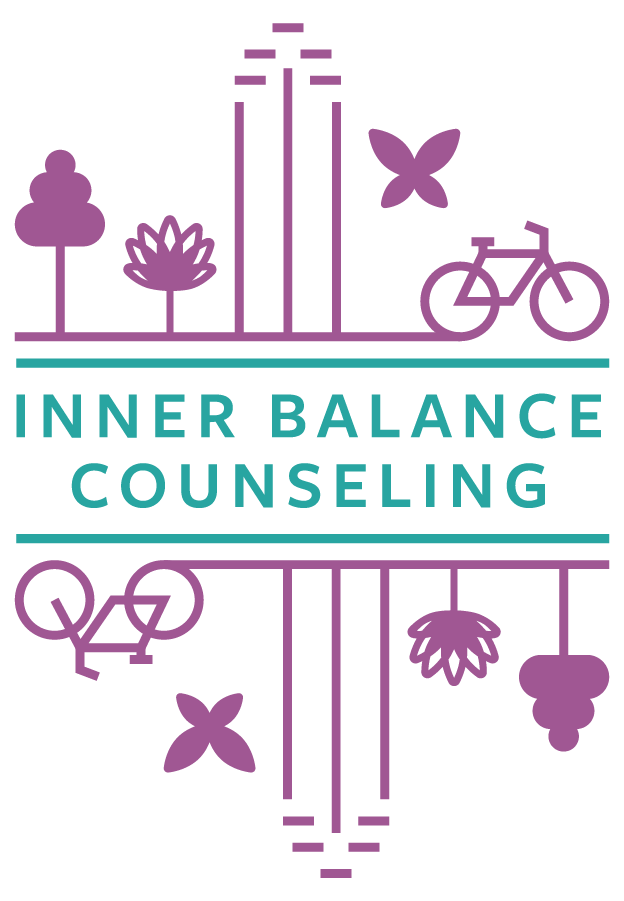Spotlight on Emotionally Focused Therapy (EFT) with April Hinrichsen, LMFT
In an effort to better support couples, Inner Balance therapist April Hinrichsen has recently taken a specific interest in Emotionally Focused Therapy (EFT). She has received specialized training and supervision in this modality of treatment since 2022. EFT is a highly researched and successful model that supports couples who want to move from reactivity to deep meaningful connection and healing. Research has demonstrated that this model creates long term positive change – couples who have worked with an effective EFT therapist are better able to understand and manage their conflict while feeling closer and more securely connected. Here, she shares with us, why she loves this modality so much & why it is so effective for couples hoping to strengthen their connection:
1. Can you tell us a little bit about what Emotionally Focused Therapy (EFT) is and what sets it apart from other approaches to couples counseling?
EFT was developed and founded by Dr. Sue Johnson. She describes EFT as a “way to get to the emotional underpinnings of your relationship by recognizing that you are emotionally attached to and dependent on your partner in much the same way that a child is on a parent for nurturing, soothing, and protection.”
EFT is based on our understanding of attachment theory. Essentially that we all have basic human needs to be loved, cared for and treasured – to feel our bond with a loving/reliable other is safe and secure. This need extends throughout adulthood. When our needs aren’t met by the person whose love we rely on (typically our adult partner) our panic system (fight/flight) gets activated. The panic system when activated can look different in each of us. Some fight to get the needs met (complaint, criticism, demands etc) and some pull back or withdraw to turn off the need (avoid conflict, pull away etc).
EFT helps couples understand and de-escalate their panic systems in turn reducing conflict and disconnection between partners. EFT teaches couples how to be more open, attuned and responsive to each other (particularly during those times of panic). The goal is to re-establish emotional connection which reinforces a safe/secure bond between a couple.
(The information above is referenced from Dr. Sue Johnson’s book “Hold Me Tight” and resources from Dr. Karen Shore, PhD, ABPP, CGP)
2. What led you to seek training in this approach?
I love that this theory is based in neuroscience and is heavily researched. It also just makes sense! Other practices might teach couples “communication skills” or “problem solving strategies." However, neuroscience shows that we can't access the "problem solving" or strategizing part of our brain when our panic (fight or flight) systems are activated due to the threat of not being able to safely access or turn to our partner.
3. What outcomes have you seen with your clients who you have been doing EFT work with?
I see couples moving from a place of reactivity and blame to an understanding of why they are stuck and disconnected. Once clients are able to put their emotional weapons down they can learn to be more responsive to each other. They can move into a place of healing and emotionally connectedness.
4. Who do you think could benefit from this approach?
Everyone! EFT for couples welcomes any relationship that is feeling stuck, disconnected or in a difficult place.
5. What is one piece of wisdom you have learned from your EFT training that you can share with us?
This is wisdom from Figs O’Sulluvan, a fellow couples counselor who also practices EFT:
1.) Notice your reactivity ASAP
2.) Get curious about what’s happening inside you.
3.) Share it the moment you are able
“Use your reaction as an invitation to ask yourself, ‘What is it in me that’s triggered right now and can I share that underlying part instead?’”
